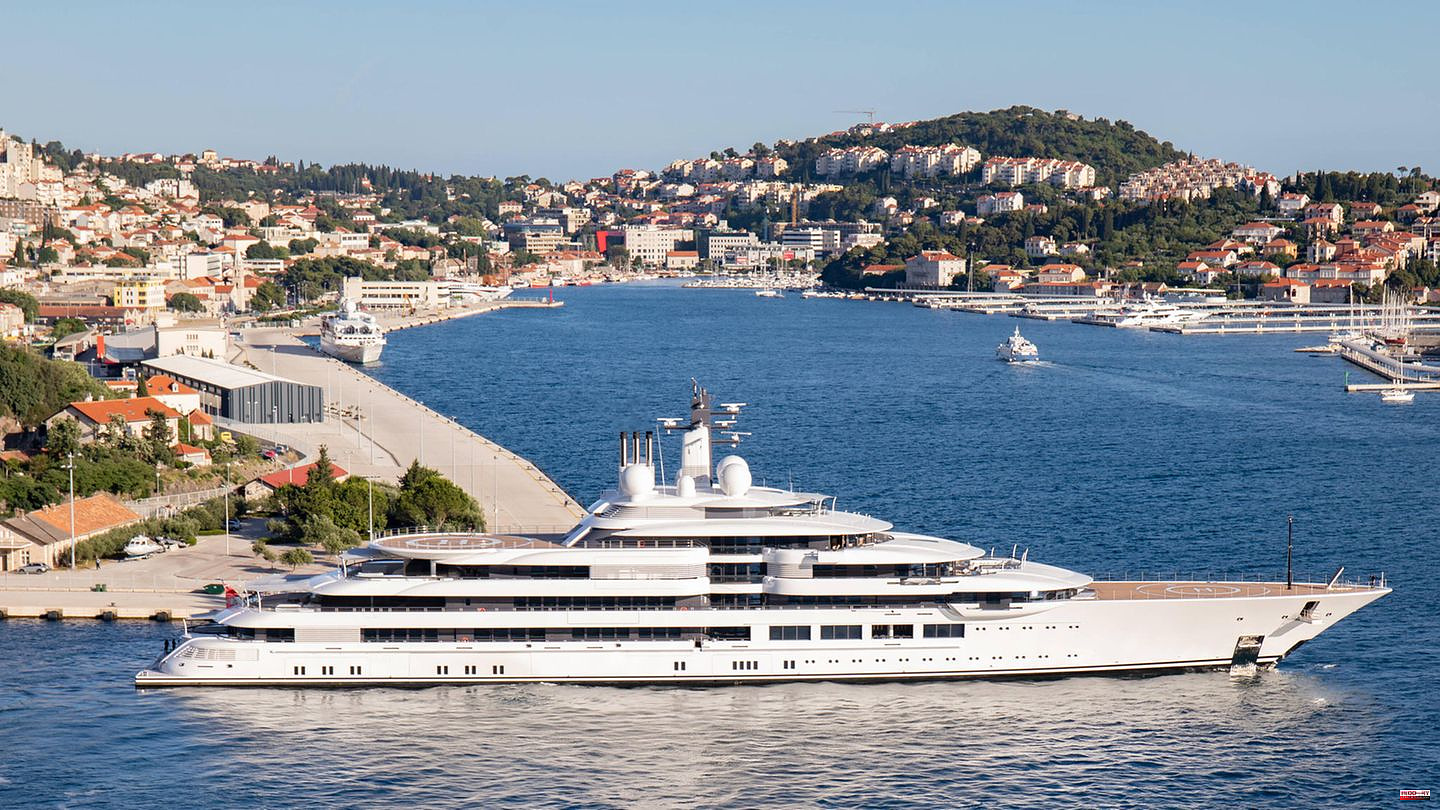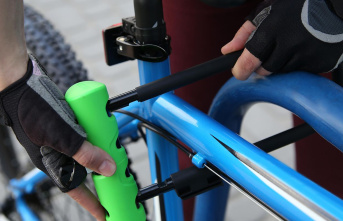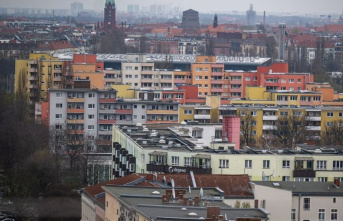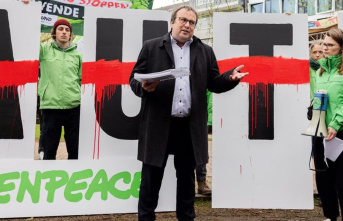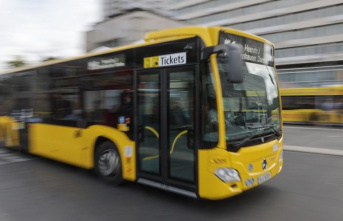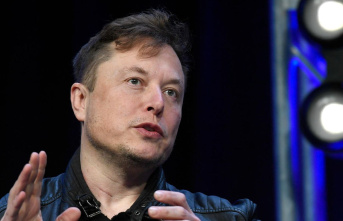Anyone who buys a yacht rarely does so with their own money and ID. Letterbox companies from tax havens are on the papers for most mega yachts, and the ships are often registered in countries such as the Marshall Islands, the Cayman Islands or the British Virgin Islands. Getting information about who is really hiding behind the companies and flags is only possible with a lot of effort - or leaks like the Panama or Paradise Papers.
The high hurdles to assigning the ownership of a yacht to a person without a doubt not only stand in the way of curious private individuals, but also of investigators. Therefore, investigators are now looking for another source, as a research network of the "Süddeutsche Zeitung", "NDR" and "WDR" found out. Officials from the US and Europe are working together to find the true owners behind frozen yachts like the $700 million yacht Scheherazade and sister ship Crescent. And the search is on where the floating palaces were built: in Bremen.
In fact, a large part of the most expensive yachts in the world was built in Germany at Lürssen. The shipyard has built ships like the "Dilbar", the mega yachts mentioned and record-breaking palaces like the "Azzam". Consequently, according to the logic of the investigators, one should come across documents there that reveal details about the negotiations, payments, construction plans, people involved and special requests.
It is said that the FBI is currently interested in more than half a dozen ships that were once created in the Lürssen halls. The focus is on ships behind which sanctioned owners are suspected, such as Suleiman Kerimov ("Amadea", "Ice") or Igor Sechin ("Crescent"). Of particular interest is and remains the gigantic "Scheherazade," which was put on the chain in May and is said to belong to Putin himself. Conversely, they want to sift through Lürssen's files - and check a few names to see if they appear in the customer base.
The "Süddeutsche Zeitung" reports that Lürssen is fully cooperating and is providing the investigators with the requested documents. This also corresponds to the previous behavior of the shipyard when it comes to cooperation with official bodies. Even when the "Dilbar" was relocated from Hamburg, no step was taken without the approval of the authorities, Lürssen said at the time. Unfortunately, Lürssen also continues to remain silent towards the press – and neither told the star nor the "Süddeutsche Zeitung" what is currently happening behind the scenes.
In the course of the investigation, the investigators also hope to finally be able to clarify the mystery surrounding Eduard Chudainatow. His name appears on more than five yachts valued well over $2 billion. For example, the "Crescent" and the "Scheherazade" are said to belong to him. Khudainatov became the head of Severneftegazprom, a Gazprom subsidiary, in 2003. From 2010 to 2013 he was President of the Russian oil company Rosneft. In February 2021, it became known that Rosneft paid him $9.6 billion for his company Taimyrneftegaz.
Politically, Khudainatov is in a good position: In 2000 he headed Vladimir Putin's campaign headquarters and in August of the same year was awarded an Order of Merit "for his work successes and his great contribution to strengthening friendship and cooperation between peoples". In 1996-1997 he was deputy head of the administration of the Nefteyugansk region. There he founded, among other things, a yacht club for children.
Although Khudainatov is undoubtedly wealthy, the investigators apparently do not want to believe that he alone should own the largest yachts. It is suspected that he is a kind of straw man for more powerful (or richer) people to draw attention away from the real owners.
The investigations in the case could bring movement back into the yacht problem. Because as long as there is no solid evidence of who owns the ships, how they were paid for and whether sanctions were violated, no further steps can be taken. A sale is just as impossible as a final confiscation. So far, the huge ships have only been tearing gigantic holes in the coffers of the states and shipyards that have been waiting for months for something to finally happen.

